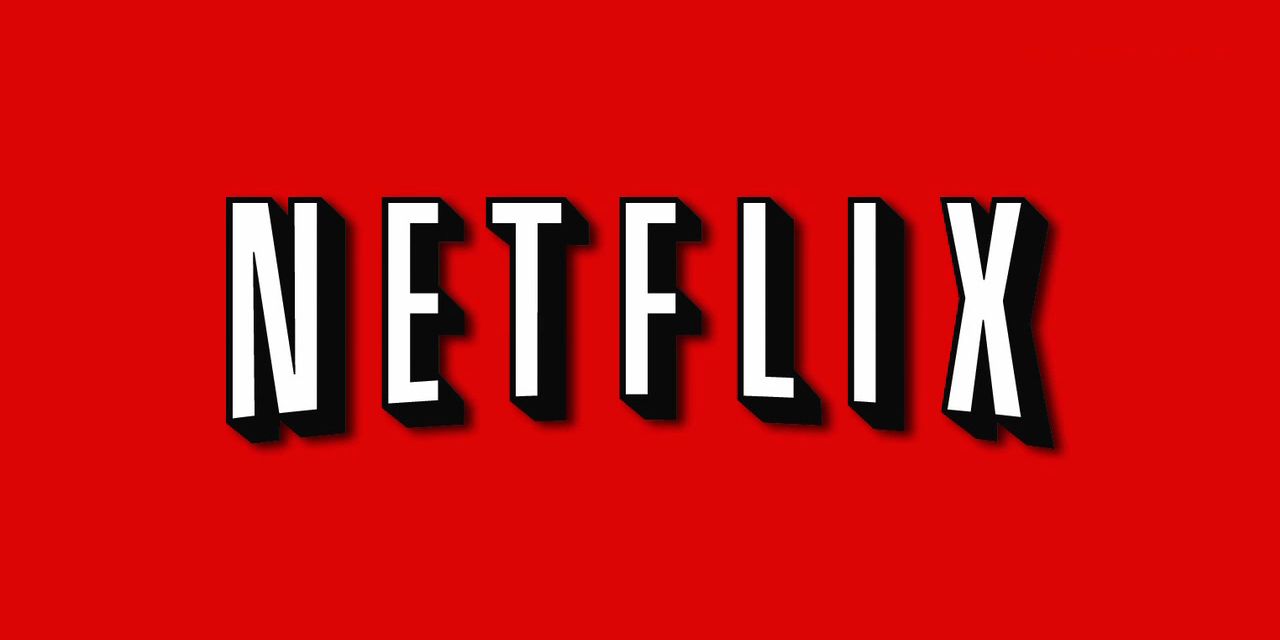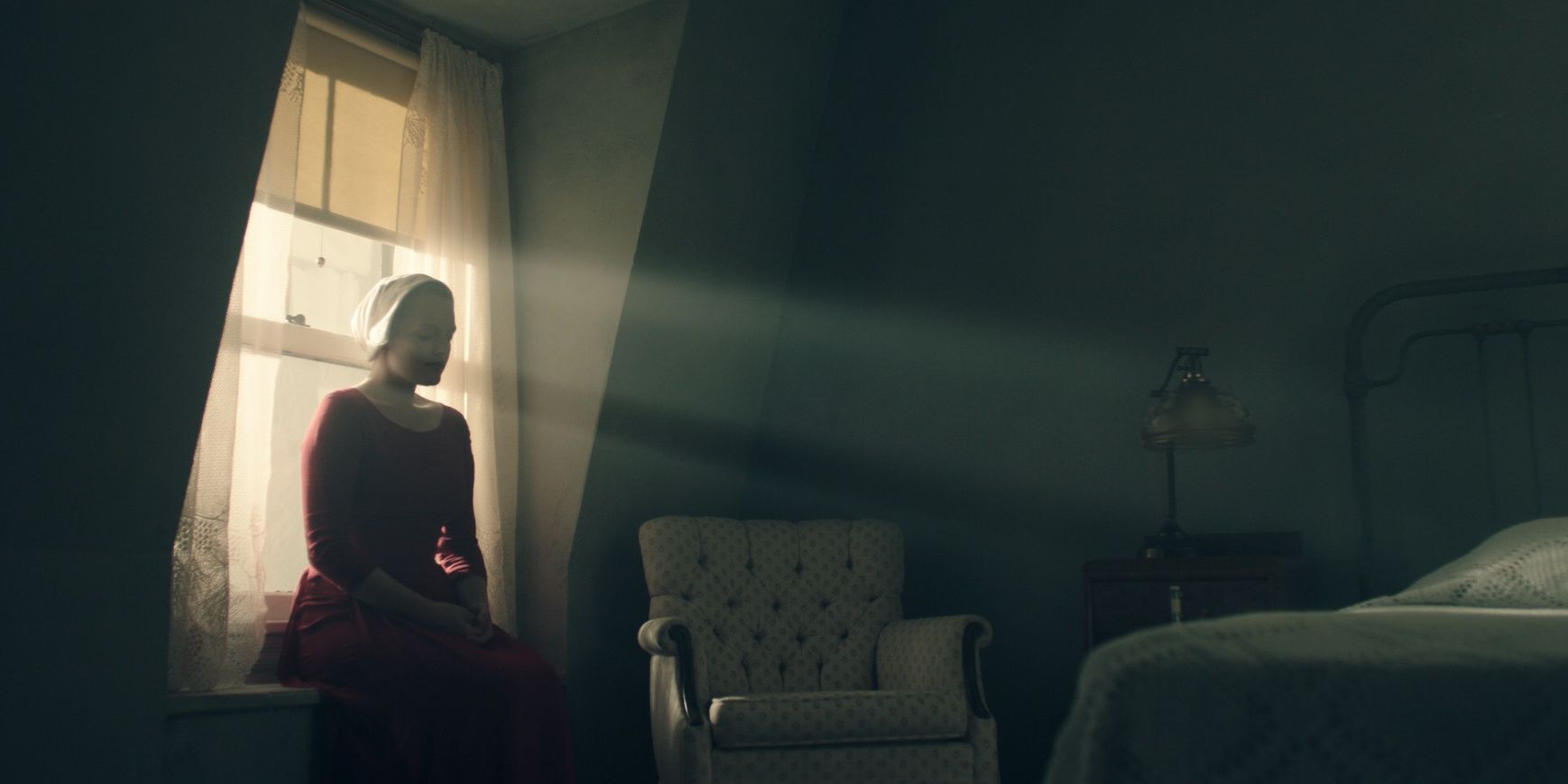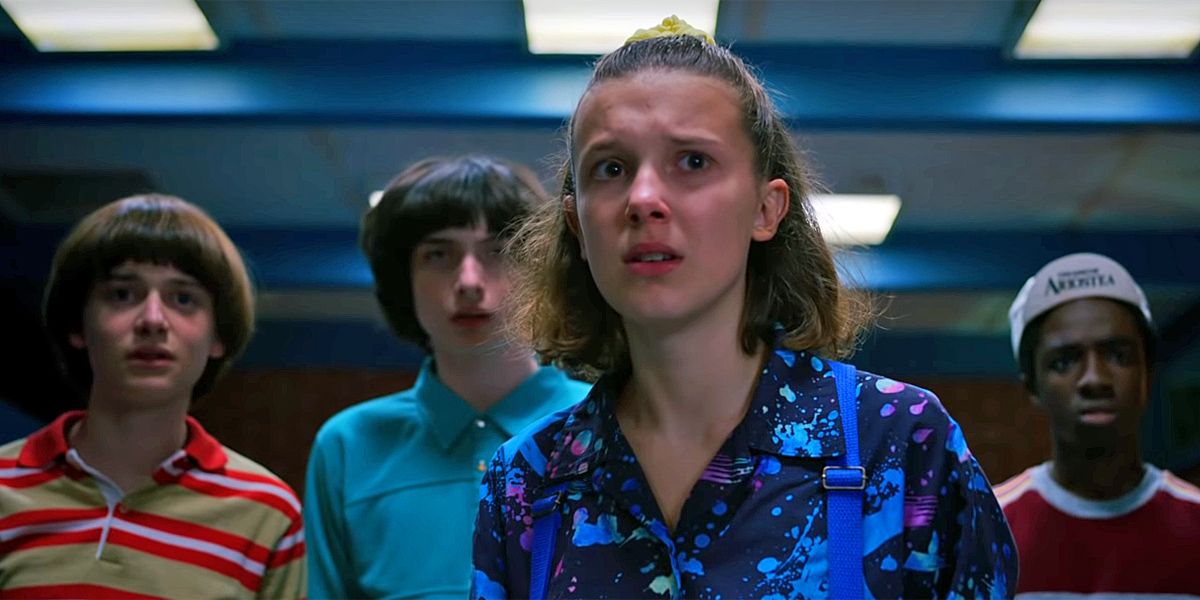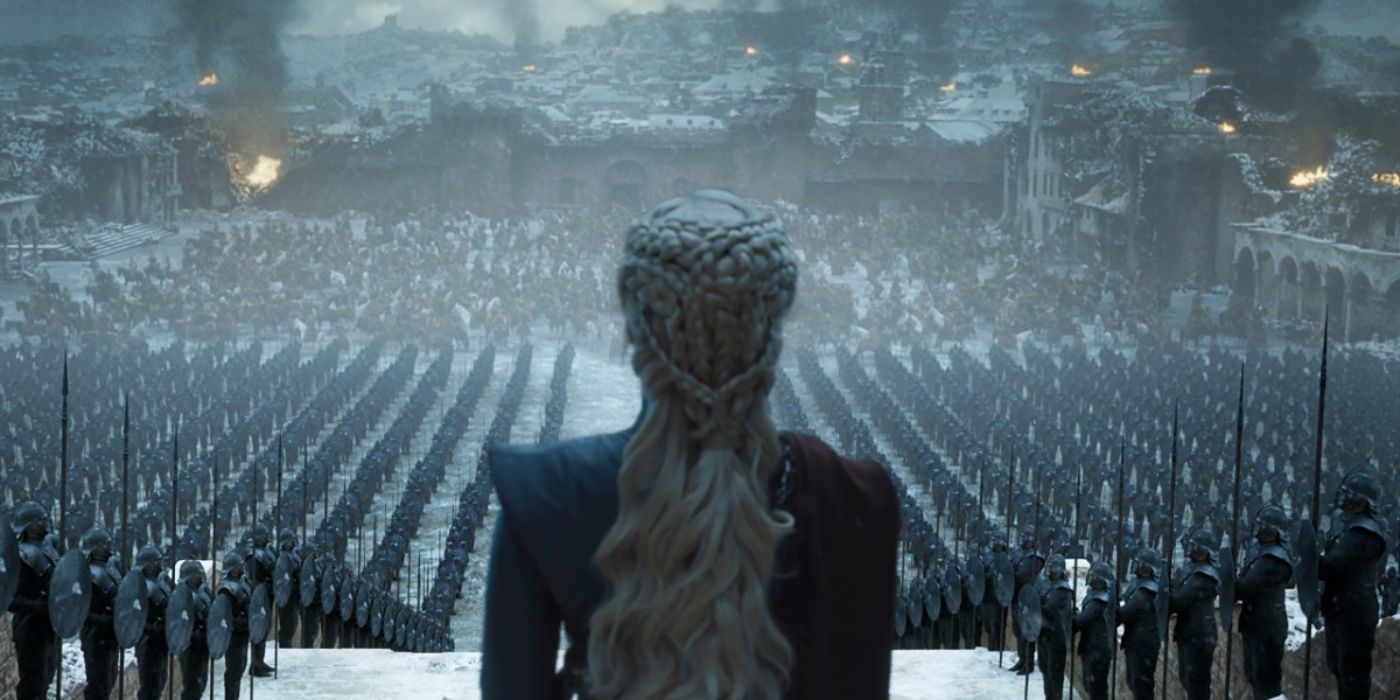
When Netflix launched its own originals back in 2012, it surprised nearly everyone when the streaming giant decided to use a binge release model for its own originals. And now, in 2019, it has all but become the norm. However, perhaps it's about time we see the streaming services change things up once again.
Streaming services such as Netflix, Amazon Prime, and (sometimes) Hulu have pioneered and perfected the binge releases. As soon as a series or season comes out, viewers can watch the whole thing at their own pace. There is, however, very much a drive to watch it in one sitting, or as few sittings as possible. Newer streaming services, such as DC Universe and Disney+, instead opt for a format more similar to cable television. These services stagger new releases every week, much like how series on major networks are aired. The focus is again on making shows watchable as opposed to simply bingeable. The original intent of streaming was to get away from the cable format, namely how inconvenient it seemed. Still, there are a few reasons to go back somewhat to that style of programming, ditching the binging format entirely.
RELATED: WarnerMedia's Streaming Service Officially Named HBO Max

The whole goal of binging a TV show is, quite frankly, to get to the end as soon as possible. This style of watching makes watching the newest hit show more like an endurance sport rather than entertainment. Not only will viewers not enjoy the show as much as they could, but they'll also fail to remember it as much they should, too. Without an end goal laid out in front of them, viewers will be able to more organically digest a series, as opposed to devouring it for the sake of completion.
Spacing out episodes also allows cliffhangers to have more of a dramatic effect. There's less tension if the answer to a mystery is addressed in an episode that's only a click away. This also helps to build anticipation for what next week's episode entails. Viewers also feel freer to re-watch episodes as they wait for new ones to come out. This allows viewers to analyze things that they didn't notice the first time, something that they may be unwilling to do anytime soon if they already powered through a binge.

Viewers will still watch at their own pace, but a wider release can guard against the dreaded spoilers. Viewers simply have to watch the latest episode to discuss and speculate on the show with friends. Think of how much more palatable "Have you seen the latest episode of Stranger Things?" is compared to how "Have you seen the latest season of Stranger Things?" sounds. This would also make each episode more of an event. Every week would bring something to look forward to, whereas dumping a season on a single day is a sort of one-time spectacle.
This could also help to create a sort of unified landscape of viewing. There's something that brings viewers together when it comes to TV shows. Watching them together, if only by way of the same release pace, is a huge part of that camaraderie. There's also a sense of nostalgia in watching an episode when it first premieres. Some may argue that this brings streaming too close back to cable style programming. Gimmicks such as being able to watch an episode again and again afterward, however, would still be enough an advantage to differentiate the two television formats.

Staggered releases give smaller streaming services a guaranteed returning audience. For services that are just beginning to produce original content, having new episodes of these shows spread out means that viewers will have to come back a few more times that month at least to finish a series. While not operating on the same ratings system as cable shows, having viewers watch one bingeable show and never use the streaming service again is not good for business. The guaranteed "ratings" produced by episodic releases is a better way to gauge viewer interest.
Bingeable shows that can be watched in a short sitting may leave viewers ambivalent to commit to anything else. Having fewer episodes available frees viewers to watch other series' at the same time while being able to properly digest each one. Larger networks with a backlog of both original content and shows/movies from other studios may not have this problem specifically, but they do have the issue of their catalog of programming being seen as more for endurance than enjoyment. While it might be too late for Netflix to ditch binge releasing, it would be possible to move away from it with some releases. This would especially help more engrossing, dramatic material that requires keen viewer attention and possibly re-watching episodes. These prestigious shows could be events themselves, and an easy way to fill the post-Game of Thrones void.
Netflix, Hulu, and Amazon Prime currently show no signs of changing their release format. Thus, it'll fall on the success of services like DC Universe and Disney+ to show studios that viewers will be more than willing to wait for new episodes, so long as the quality is worth waiting for.
Add Comments